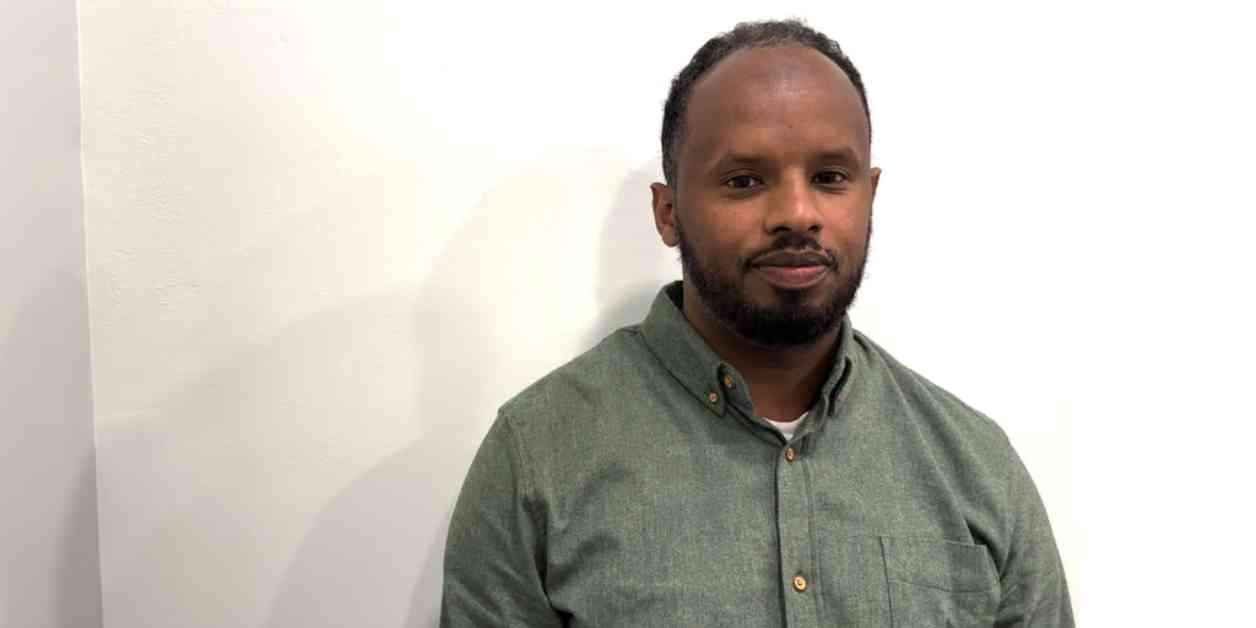Minnesota Muslims and Somali Americans Navigate Politics and Faith
In a candid conversation in Minnesota, Muslims and Somali Americans gathered to discuss the intersection of politics, religion, and how their votes were influenced during the 2024 election. A notable shift emerged as some individuals expressed a newfound affinity for the Republican Party, particularly under the leadership of former President Donald Trump.
Salman Fiqy, a prominent figure in the community, shed light on the evolving political landscape. He shared insights with Fox News Digital, emphasizing the historical alignment of Somalis with the Democratic Party dating back to the late 90s. However, as the political climate shifted, sentiments towards the Democrats waned, prompting a reevaluation of party affiliations among Somali Americans.
Political Evolution and Endorsement
Fiqy, a former Republican state representative candidate, boldly endorsed President Trump, highlighting the significant support garnered from the Somali population. Education emerged as a pivotal issue for many, with concerns surrounding the encroachment of LGBTQ agendas in schools. The clash of values propelled a conservative lens through which many viewed their political choices.
The demographic composition of the Somali community, predominantly Muslim according to government data, underscored the religious underpinnings that influenced voting patterns. The once unwavering support for the Democratic Party witnessed a decline post the 2020 presidential election, particularly in areas densely populated by Somali immigrants like Cedar-Riverside, where backing for Democratic figures like Vice President Kamala Harris experienced a noticeable dip.
Over 25,000 Somali Americans call Minneapolis home, seeking refuge from the ravages of civil war in their native land during the 1990s. Cedar-Riverside, historically a melting pot of immigrant communities, now stands as a vibrant hub for Somalians, boasting a thriving business district, including the renowned “Somali Mall.”
Religious Values and Political Choices
The convergence of religious values and political stances emerged as a prevailing theme among voters, as articulated by community members like Fatmata, a non-Somalian business owner entrenched in the heart of the Somali shopping center. Her engagement with the Somali community shed light on the nuanced considerations that guided their voting decisions, rooted in a desire to uphold Islamic principles in the face of shifting political landscapes.
Despite reservations about President Trump’s rhetoric on deportations, many Somali Americans found themselves compelled to support his policies, particularly those with a pro-business orientation. The allure of tax breaks and economic incentives resonated with entrepreneurs in the community, driving them towards the Republican candidate.
Conversely, dissenting voices within the community, such as a pharmacist at Cedar Pharmacy, expressed skepticism about the alignment between Trump and Somali Americans. The perceived lack of common ground and divergent values underscored the complexity of political allegiances within the Somali diaspora.
As the election unfolded, the weight of decisions became palpable, particularly for individuals like Fatmata, who grappled with the trade-offs between protecting religious values and navigating the broader political landscape. The intricate dance between personal convictions and communal interests shaped the electoral choices of many Muslim and Somali American voters.
Joshua Q. Nelson, a seasoned journalist with a keen eye for political dynamics, captured the essence of this unfolding narrative with nuance and depth. His exploration of the evolving political identities within the Somali community in Minnesota offers a compelling glimpse into the intricate interplay of faith, culture, and civic engagement.
The conversation surrounding politics and faith among Minnesota Muslims and Somali Americans serves as a poignant reminder of the multifaceted considerations that underpin electoral decisions. As diverse voices converge to shape the political landscape, the intersection of religious values, cultural heritage, and civic responsibility emerges as a powerful force driving the trajectory of communities across the nation.


